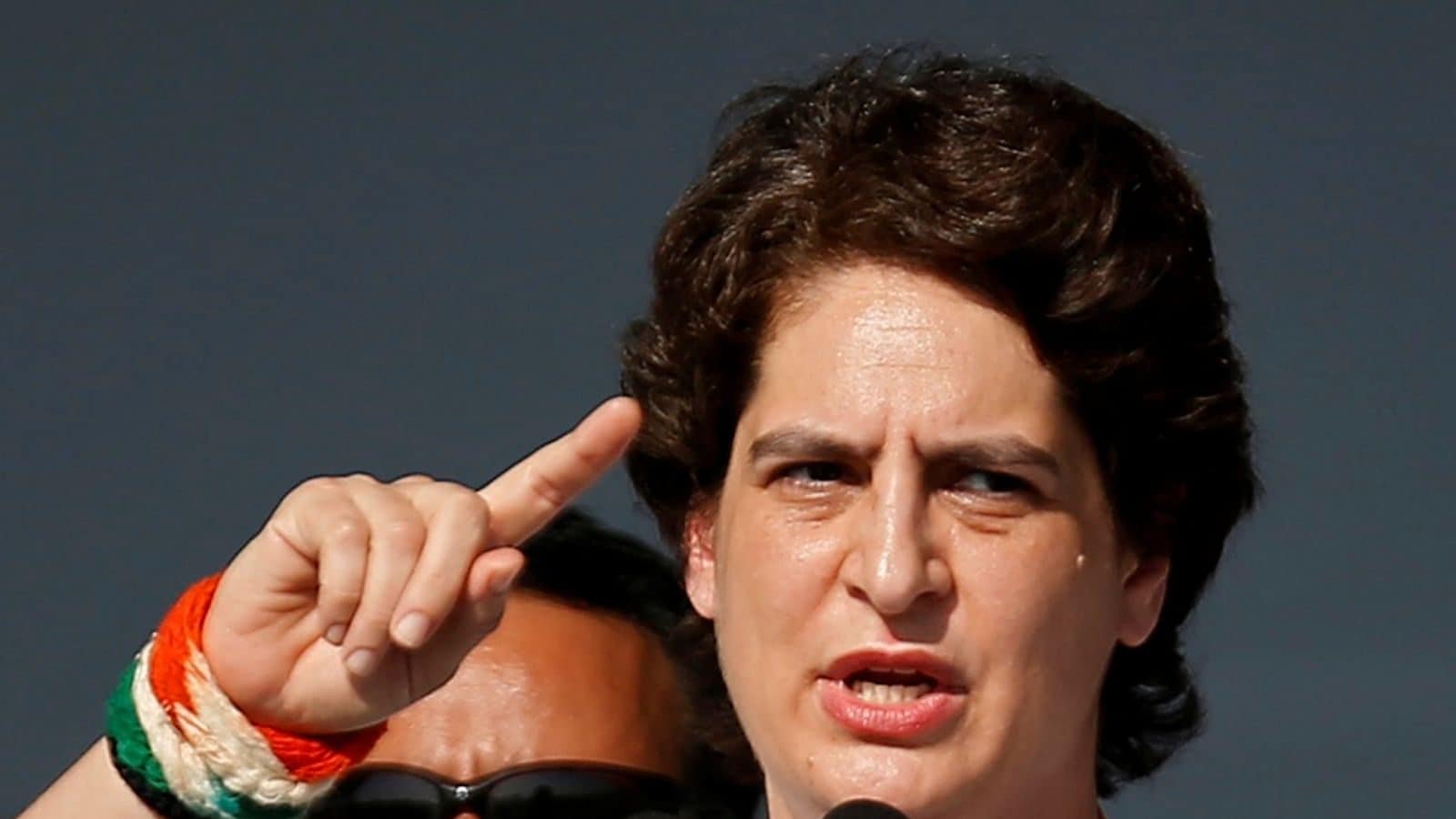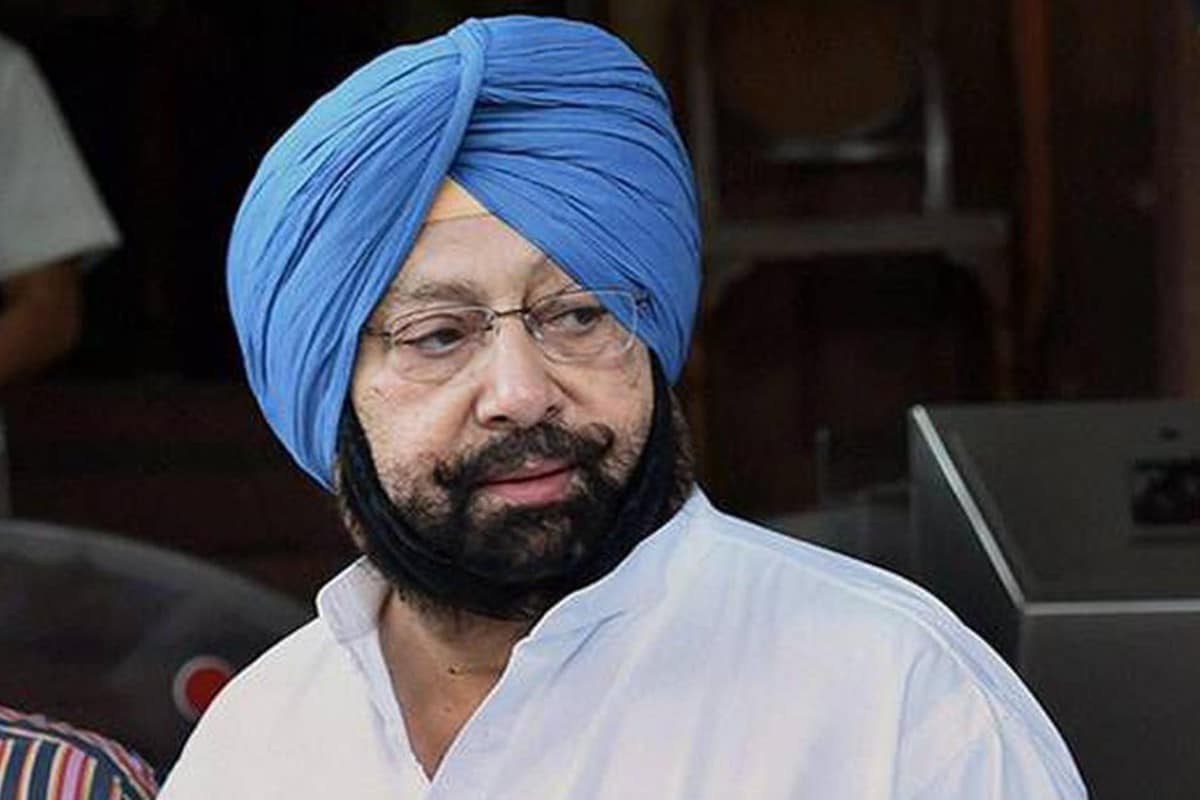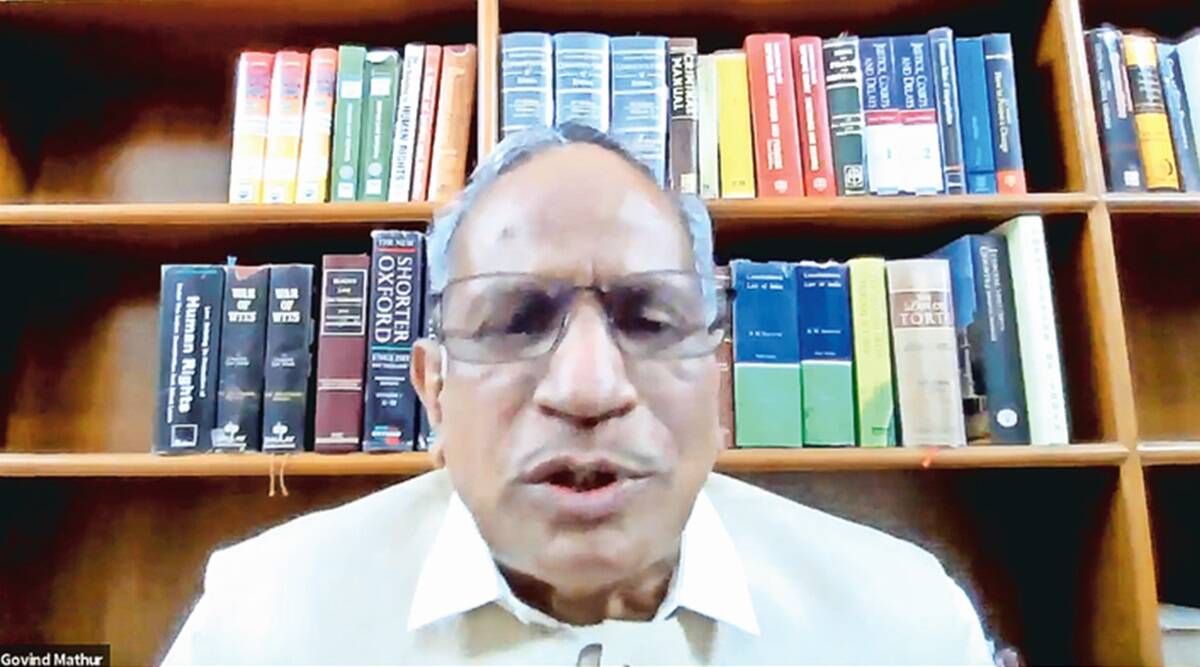After a long wait and extended suspense over its electoral strategy, the Congress is now ready to sound the poll bugle in Uttar Pradesh. For the past two days, party’s UP in-charge Priyanka Gandhi had been brainstorming the campaign blueprint with her party leaders in Lucknow. As the final assessment of organisational strength and political situation takes place, there is also an increasing sense of realism and electoral pragmatism within the top leadership.
This is a realism which is forcing the party to adopt the strategy suitable to its strength in UP; a strategy to aim for a target that can hopefully put the Congress back on the path of relevance in state politics and if the situation arises, may be, in the game of any non-BJP government formation post elections. The idea is to “plan for the state but focus on the core”, that is, go in for a pan-UP campaign but zero down on a select number of seats, put the biggest focus and resources on a winnable seat and try to regain lost ground.
A well-informed top leader said: “We aspire to emerge in a situation where we can be the stakeholder in any non-BJP government formation post-election. Realism is that Congress is not in the race to form the next government unlike the BJP or SP, but we are confident we can emerge to ensure that there is no party without us.”
This narrative of “no government without us” is now shaping the party’s electoral strategy. A political positioning that the leadership hopes will boost the morale of the party cadres and pitch the party as a serious player in UP’s electoral battle.
Sources tell News18 that the party had already done an extensive mapping of the constituencies on basis of caste equations, previous electoral results and its organisational strength. Through this study, it has divided the assembly seats under A+, A, B and C categories. The A+ and A are the constituencies which are the most promising. Around 100 to 125 out of total 400 plus seats fall in these two categories. These are seats where the party hopes hard work and pumping in resources can work in their favour.
The 50-odd seats where the candidate names have almost been finalised by Priyanka Gandhi during her present engagements in Lucknow are the ones among this top category. The party is all set to give these candidates a go-ahead, so that there is no confusion and ample time for preparation.
DO REALITIES MATCH THE ASPIRATIONS?
The question is if the Congress is really a contender of significance in the electoral battle or its ambition of emerging a stakeholder in formation of the next government is a misplaced argument. Can the party that has been out of power in the state for more than three decades and has been seen increasingly in decline over the years with almost no dedicated caste base support be taken seriously?
The party’s near decimal performance in the 2019 Lok Sabha polls, when it could just win one seat of Rai Barely and before that in 2017 assembly election, when it failed miserably despite being in an alliance with the Samajwadi Party, is prominently seen as the proof of crisis in which it is. In 2017, it contested around 115 seats and could win just 6 and manage 6.24 percent vote share.
In response to these stories of humiliation, Congress leaders cite the past data. They point out that the show was not that humiliating for the party in the decade before 2017. In 2012 assembly polls, despite a big wave in favour of the Samajwadi Party, Congress had polled around 12 per cent votes and won 28 seats. The mighty BJP of today was not far ahead. It had got 15 per cent of the total vote cast and won 47 seats.
Earlier, in 2007 assembly polls, Congress had grabbed 22 assembly seats and had got around 9 per cent votes. Arch opponent BJP was successful on 51 seats. An underlying story of these two elections was the fact that Congress had succeeded to sustain despite big consolidation of the minorities in favour of either the BSP or the SP.
Another aspect of significance was also the reality that an increase in vote percentage by 3 or 4 points can make a significant difference in the number of seats won. The Congress thinks that unlike 2017, when there was an unprecedented polarisation in favour of the BJP, almost squeezing the entire opposition in a corner, the 2022 challenge will not have BJP in such a position of dominance.
The rising anti-incumbency against the Yogi government, the farmers’ unrest, unemployment and antagonised castes — specially the Brahmins — will be strong factors that will result in a better space for Opposition’s politics and the Congress too can gain from it.
THE PRIYANKA FACTOR- IS THE ORGANISATION BETTER PLACED?
The question is what makes Priyanka hopeful of a better future or optimist about reclaiming some lost ground from the near situation of a wipe-out? This despite the fact that the party today lacks big names among leaders in the state. Former Union minister and prominent Brahmin face Jitin Prasada’s exit to BJP further added to the embarrassment. Party leaders, however, say that the hope comes from the work that has gone down in organisation building over the past two years since Priyanka took the reins of the UP party as the general secretary in charge.
Ever since Priyanka took charge, the organisational pruning and fixing accountability became her top priority. A senior party functionary working closely with her recalls how during the months following the general election last year, the organisational hollowness was exposed on ground. Even as Priyanka tried to set the ball rolling, leading from the front in cases including murder of Dalit tribals in Sonbhadra, the party leaders failed to capitalise on the momentum.
Her first step was to overhaul and enthuse new vigour in the district and city committees. In the months that followed, not just the 500-plus PCC was overhauled and pruned to 60-member robust committee, districts units were also revamped and immense focus was put on building the party base across villages.
Congress’s state organisation secretary Anil Yadav says, “Our party now has a functional committee in all more than 800 blocks and several thousand village panchayats. Organisational revamp work is almost over, visit of Priyanka-ji now is the last occasion of organisational review before we plunge into aggressive electoral campaign.”
It is on the basis of these improved organisational capabilities that the party feels it can make a difference. From 6 per cent vote share of 2017, going up in a significant way is a target that can be achieved with some clever and focused planning. The party seriously hopes that the narrative of being a stakeholder in power or “no government without us” will catch the imagination of that disgruntled lot which wants to unseat the BJP but also does not prefer the SP or the BSP.




